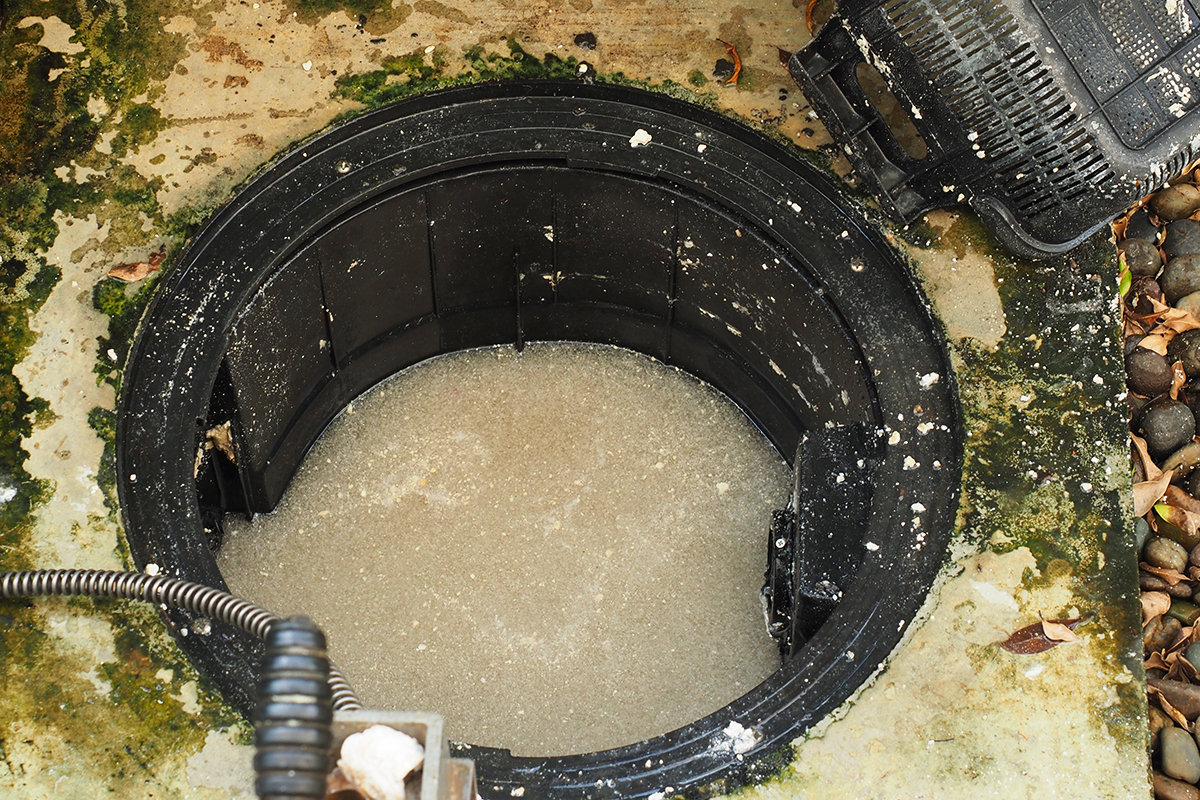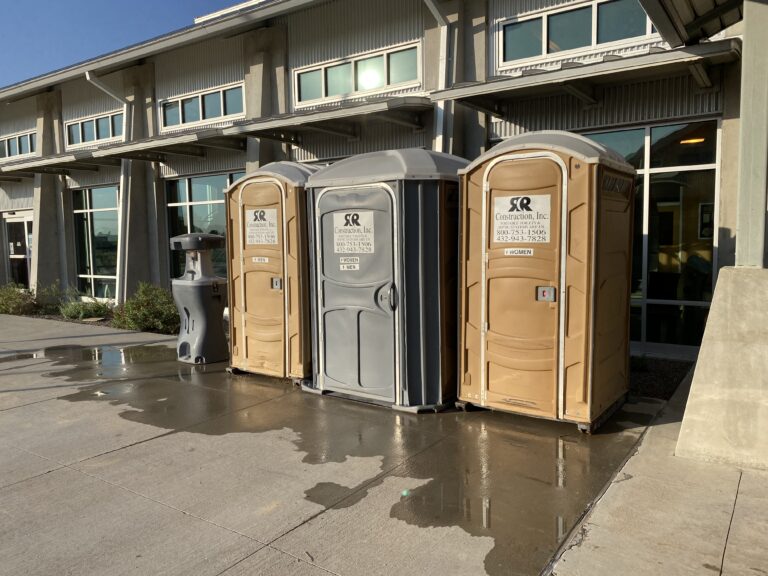A septic system is a localized device that can treat and dispose of waste water from a home or business on a parcel of property. Depending on a variety of factors to include loading, soil conditions, waste water strength, etc.. will depend on the size and type of your waste water system. As with all systems, a septic system has the potential to fail and it’s longevity depends on the same factors as above; type, usage and routine maintenance. When a septic system does fail, it is critical that the conditions be quickly assessed and a plan developed to remedy the situation before it becomes a health hazard to yourself and the environment.
Septic Failure Hazards
A septic system that has failed or is about to fail can present many dangers to both you and the environment. Over 80% of the septic systems installed in the US also have a drinking water well on the property. When a septic system fails, the untreated waste water seeps into the ground and can contaminate the groundwater. Frequently the groundwater can join many properties via a vast underground aquifer. Thus not only will your failing septic system contaminate your drinking water but will also present a community health hazard for your neighbors and community.
A failing septic system poses numerous dangers to both human health and the environment. Firstly, untreated sewage from a malfunctioning septic system can contaminate groundwater, which serves as a source of drinking water for your own household and your neighbors. This contamination can introduce harmful pathogens, bacteria, and chemicals into the water supply, leading to serious health risks for anyone who consumes or comes into contact with the untreated septic water.
Secondary, a failing septic system is a health nuisance. One of the first indication of a failed septic is the strong foul odors. The smell from a failed septic and untreated waste water can carry hundreds of feet which is bound to disrupt you and the surrounding properties and the greater community. A broken sewer will also allow wastewater to percolate to the surface and become a health issue for the community. If the waste water from the failing system spills into the local water source it can lead to water pollution, algae blooms and damage to the aquatic ecosystem.
A septic or a sewer line that has failed has to be repaired, fixed or replaced. Given the unique nature of each system, the replacement can be a financial burden for a property owner. The cost to repair or replace the system can be substantial if the system requires extensive excavation and remediation. Depending on the severity of the spilled and leaking septage, the property owner can face fines, penalties and legal liabilities for environmental violations. For residential customers, R & R Waste and Septic provides septic and sewer line financing. Call us to discuss your situation and financing needs.
Prevention
Overall, a failed septic system and sewer line can present the landowner with environmental, financial and community problems. The best prevention is to work with a trusted septic installer to get set up on a regular maintenance program to include pumping and inspections. If your sewer line from your house to the sewer line is old, consider lining the pipe to provide a protective layer before the sewer line fails.


